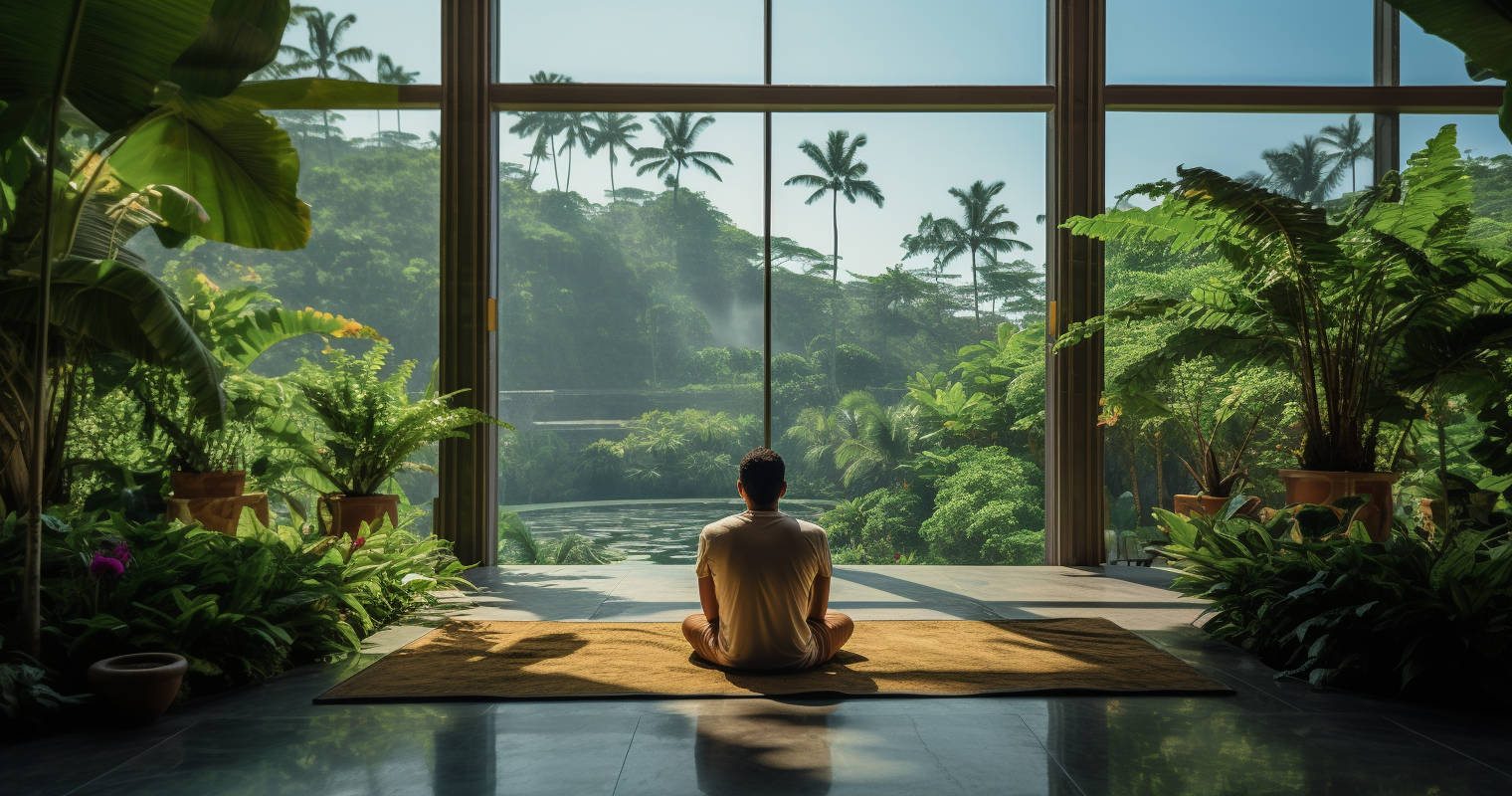The WHO Opens New Centre for Traditional Medicine
Earlier this year, the World Health Organisation announced the establishment of a new US$250m center for traditional medicine in Jamnagar, Gujarat, India, funded by the Indian government. Furthermore, the world’s first Traditional Medicine Summit took place in August, also in India (which currently presides over the G2). The event saw participation from 88 countries, including scientists, doctors, health ministry officials, and indigenous representatives from regions such as South America and the Antipodes.
The findings from the summit will form the basis of the organisation’s Traditional Medicine Strategy 2025-2034. The WHO director general, Dr Tedros Adhanom Ghebreyesus, told the press:
“Bringing TCIM into the mainstream of healthcare, appropriately, effectively and above all, safely – based on the latest scientific evidence – can help bridge health access gaps for millions of people.”
The summit included AI’s potential application for assessing which traditional practices could lead to new advances in healthcare. The WHO is aiming at incorporating elements of traditional medicine into the UN’s Sustainable Development Goals plan by 2030. The WHO’s regional European director, Dr Hans Kluge, said:
“Together, we’ve shaken up the status quo that has long separated different approaches to medicine and health. By taking aim at these silos, we’re saying we’ll collaborate to find optimal ways of bringing TCIM under the umbrella of primary healthcare and universal health coverage. We’ve reiterated how crucial it is to get better evidence on the effectiveness, safety and quality of traditional and complementary medicine. That means introducing innovative methodologies for assessing and evaluating outcomes.”
Described as an ‘accessible, eco-friendly, and interactive facility,’ the new center in India aims to cultivate traditional medicine while also fostering scientific developments rooted in indigenous knowledge. Moreover, the WHO’s broader vision is evident in the diverse topics tackled at the summit, ranging from digital health, management, and leadership to innovation, monitoring, policy, research, and biodiversity. The WHO states:
“For centuries, traditional and complementary medicine has been an integral resource for health in households and communities. It has been at the frontiers of medicine and science laying the foundation for conventional medical texts. Around 40% of pharmaceutical products today have a natural product basis, and landmark drugs derive from traditional medicine, including aspirin, artemisinin, and childhood cancer treatments. New research, including on genomics and artificial intelligence are entering the field, and there are growing industries for herbal medicines, natural products, health, wellness and related travel. Currently, 170 Member States reported to WHO on the use of traditional medicine and have requested evidence and data to inform policies, standards and regulation for its safe, cost-effective and equitable use.”
Jiva Ayurveda Opens New Centres in Thailand
The Indian press reported in August that the well-known Ayurveda brand, Jiva Ayurveda, is intending to open two new centres in Thailand, in Chiang Mai and Pak Thong Chai. This will be in conjunction with iRetreat, who already run centres, and aims to spread awareness of the Indian traditional practice more widely, in addition to meditation. iRetreat says that its mission is to set up meditation retreats and describes the Pak Chong Thai retreat as the ‘world’s only mental health wellness retreat.’ The centre has over 15 residential coaches, doctors and therapists who focus on family and friend groups.
The news has been welcomed throughout the Ayurvedic and Vedantic world, as the global wellness industry continues to join some of the dots between differing traditional practices. The Ministry of Ayush (formed in 2014 as the Department of Ayurveda, Yoga and Naturopathy, Unani, Siddha and Homoeopathy) comments that:
“India is committed to unlocking the vast knowledge of Ayurveda for the greater good, and since the establishment of the AYUSH ministry, our aim has been to serve as a catalyst in helping traditional medicine reach more people, imparting knowledge, and fostering its global outreach. Through such initiatives, we aim to enable the world to realize the true potential and well-being that Ayurveda and meditation can offer, ultimately paving the way for a healthier and more balanced world.”
Swami Vigyananand Ji made this comment at the World Hindu Economic Forum:
“The alliance of Jiva Ayurveda and iRETREAT is a step towards achieving global peace and happiness. This initiative embodies the ideals of yoga and Vedanta, cultivating a path of self-realization for individuals worldwide.”
Minor Hotels Announce Plans for New Resorts in Brazil
The Anantara Preá Ceará Resort is due to open in Brazil in 2026, established by Minor Hotels, who own a wide number of hotel brands worldwide, in partnership with Grupo Carnaúba and featuring a brand-new Anantara Spa. It’s the second resort planned by the group in Brazil, with the Anantara Mamucabo Bahia Resort due to open a year earlier in 2025. Ceará is known for its lagoon and mangrove groves, and much of the state is occupied by the Jericoacoara National Park. The new hotel/spa initiatives have an emphasis on sustainability, which as we have reported before, is a burgeoning feature of the global hospitality sector. It aims to replant Carnauba wax palms, reduce light pollution at night, and support local food production.

